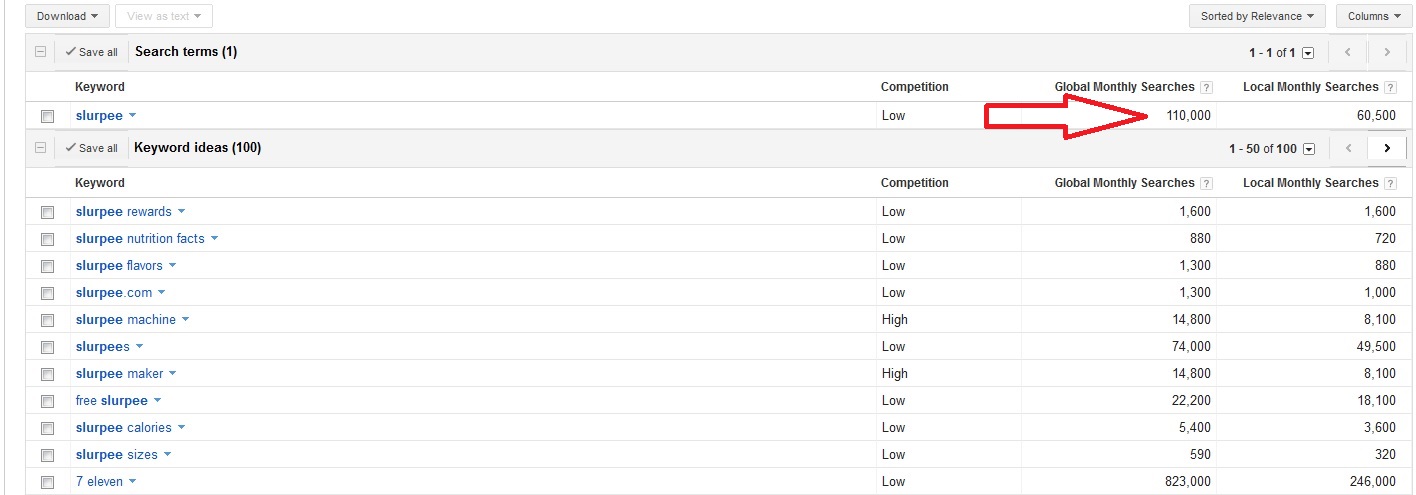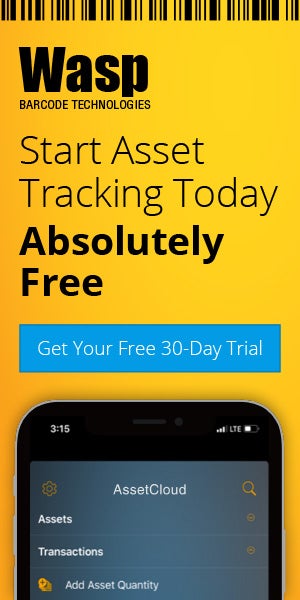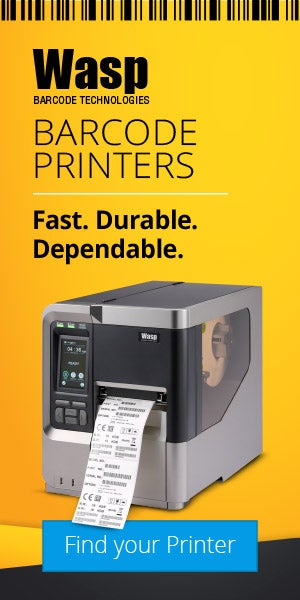Wasp Barcode Technologies: The Barcode Solution People
Inventory controls: want more business next month?
Effective inventory control helps businesses maximize sales, speed turnaround and meet consumer demand during high volume sales peaks. Holiday sales peaks - namely Christmas and Thanksgiving - account for as much as 40% of annual revenues for small businesses.
What do we do on holidays? We celebrate. We consume. Most importantly, we feel compelled to spend money.
But you don’t have to wait for winter to come around for a sales boost - lesser known,
quirky holiday observances can increase demand for your product or service – it’s all about planning.
For the month of July and in celebration of
Slurpee Day, 7-11 stores anticipate and plan for a 400% increase in Slurpee consumption.* That includes the sourcing and distribution of 400% more Slurpee inventory and supplies stores need to meet demand. Driven by brand popularity and deliciousness of the Slurpee drink, 7-11’s “Slurpee holiday” highlights the value of tapping into the untapped potential of “celebration consumption.” And the party doesn't stop when the free giveaway is over on July 12th: check out how many people are looking for Slurpees every month....on the Internet.

Your business can affect dramatic sales growth with a special promotion or sales holiday - but you must ensure you have a plan.
Here are a few fun facts from Slurpee about the world-famous Slurpee drink:
• Every year enough Slurpee drinks are sold to fill up 12 Olympic-sized swimming pools.
• More than 40% of all Slurpee drinks are sold during the months of June, July and August
• Half of all Slurpee drinks are purchased between the hours of 4 and 11 p.m.
What’s my point? We need very little reason to celebrate (consume). As such, we have created some remarkable excuses to do so!
* I called and asked.
Planning your Demand
Take time to plan. Planning increases your chances for success and ensures you provide customers the best possible experience. (Loyalty is fleeting. Don’t lose a customer for life over a bad experience.)
1. Position your promo
National burger month occurs in May. July is national hot dog month (among other things). Food loving-site the Nibble insists there’s something to celebrate “almost every day of the year.” But the focus is not only on food – observances like houseplant appreciation day, national hobby month, bike month and older American’s month - could be secretly pressuring your customers to consume more.
Think about your customers; their habits, affiliations, interests. Think about your potential customers. How can you get in front of them in a place they are already looking? The ultimate driver of your success (and theirs) is the same: the consumer. Proof? Trends like Groupon and Living Social make consumerism an ongoing celebration. But businesses that go in unprepared are
flirting with disaster.
If you serve the business market, the same logic still exists.
2. Plan your attack
You need just the right amount of stuff on hand to make every sale requested. On the other hand, you don't want to stock too much stuff – it may never liquidate. This is particularly important with technology, where product costs typically decrease over time. Keep a lean inventory and leave nothing on the table. Excess stuff eats away at your profit margin every single day you open your doors for business.
Lead time and sourcing will need to be planned. Do you know the how fast your inventory turns? Do you know the optimal reorder points for your suppliers?
Inventory management isn’t just about how much stuff you move – it’s about monitoring leads and sourcing to determine the optimal reorder point for carrying just the right mix of stuff you have identified. To keep operating costs at a minimum. To keep profit margin at a maximum.
3. Remember: sales ≠ profit
Regardless of your sales peaks, any promotion or price variation means operating factors are not constant. These variables affect your bottom line. Controlling your operating costs is extremely critical during a sale - where labor costs are typically inflated (to handle the extra business) and profit margins are down. (by the amount of the price fluctuation). You should optimize other aspects of operations to maximize results. Efficient business operations ensure you get the biggest bang for your buck.
Could your business use a sales holiday? Take time to monitor your operational patterns and capitalize on more sales promotions. Opportunities are ripe for the taking – how are you planning to increase demand?
 Your business can affect dramatic sales growth with a special promotion or sales holiday - but you must ensure you have a plan.
Here are a few fun facts from Slurpee about the world-famous Slurpee drink:
• Every year enough Slurpee drinks are sold to fill up 12 Olympic-sized swimming pools.
• More than 40% of all Slurpee drinks are sold during the months of June, July and August
• Half of all Slurpee drinks are purchased between the hours of 4 and 11 p.m.
What’s my point? We need very little reason to celebrate (consume). As such, we have created some remarkable excuses to do so!
* I called and asked.
Your business can affect dramatic sales growth with a special promotion or sales holiday - but you must ensure you have a plan.
Here are a few fun facts from Slurpee about the world-famous Slurpee drink:
• Every year enough Slurpee drinks are sold to fill up 12 Olympic-sized swimming pools.
• More than 40% of all Slurpee drinks are sold during the months of June, July and August
• Half of all Slurpee drinks are purchased between the hours of 4 and 11 p.m.
What’s my point? We need very little reason to celebrate (consume). As such, we have created some remarkable excuses to do so!
* I called and asked.


